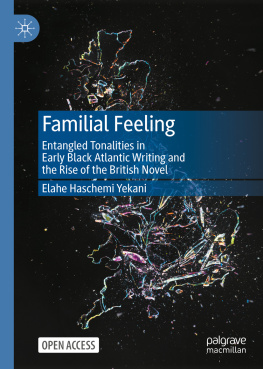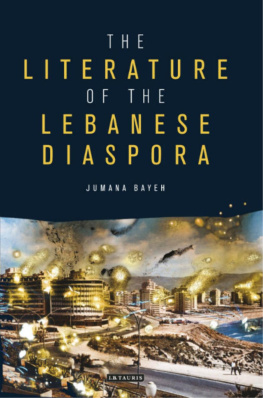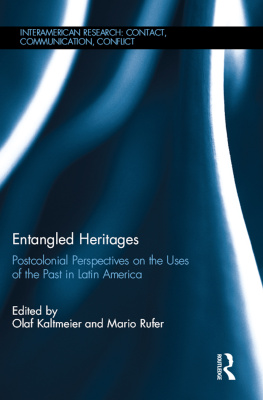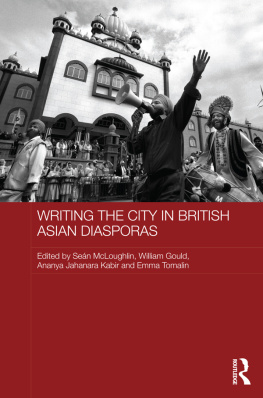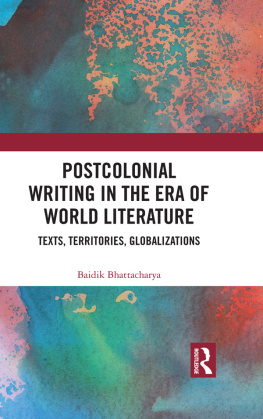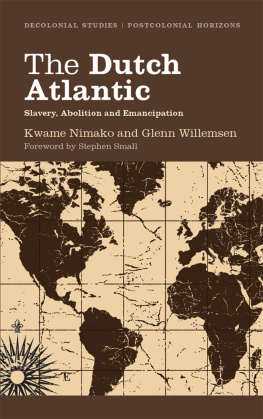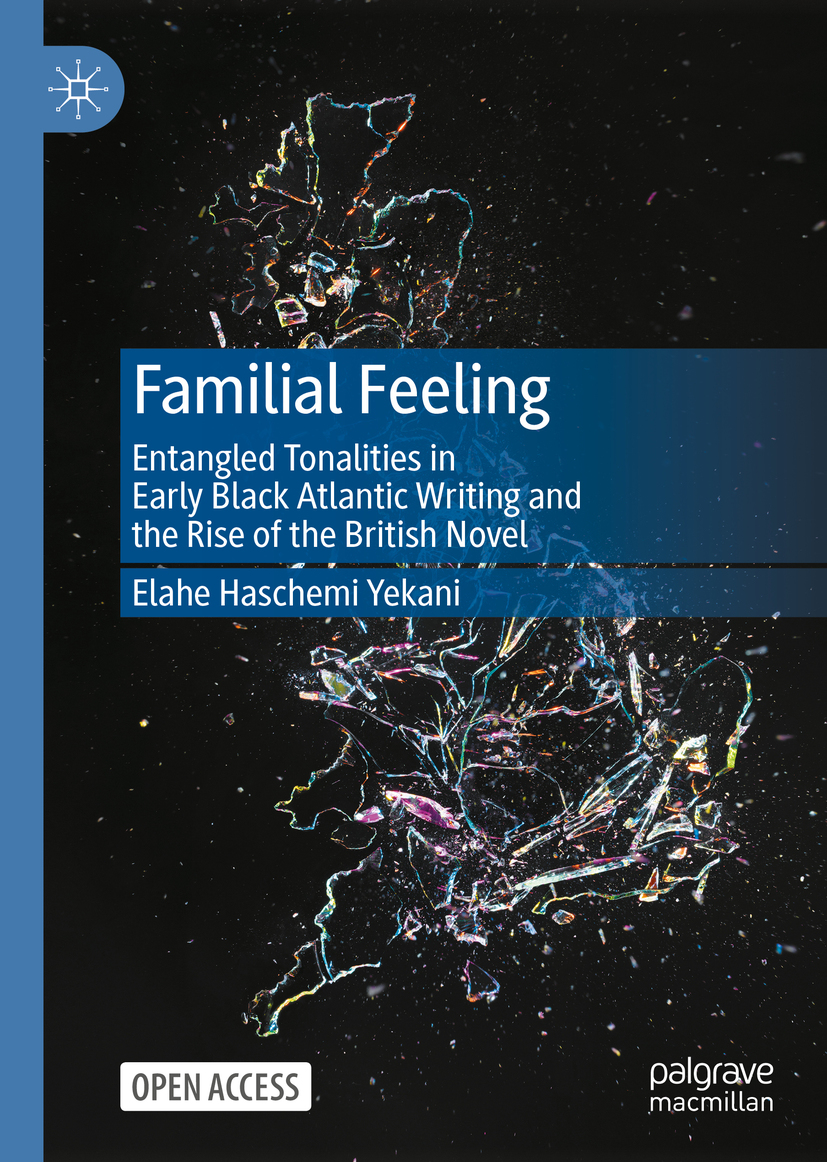Elahe Haschemi Yekani
Institut fr Anglistik und Amerikanistik, Humboldt-Universitt zu Berlin, Berlin, Germany
ISBN 978-3-030-58640-9 e-ISBN 978-3-030-58641-6
https://doi.org/10.1007/978-3-030-58641-6
This book is an open access publication.
The Editor(s) (if applicable) and The Author(s) 2021

Open Access This book is licensed under the terms of the Creative Commons Attribution 4.0 International License ( http://creativecommons.org/licenses/by/4.0/ ), which permits use, sharing, adaptation, distribution and reproduction in any medium or format, as long as you give appropriate credit to the original author(s) and the source, provide a link to the Creative Commons license and indicate if changes were made.
The images or other third party material in this book are included in the book's Creative Commons license, unless indicated otherwise in a credit line to the material. If material is not included in the book's Creative Commons license and your intended use is not permitted by statutory regulation or exceeds the permitted use, you will need to obtain permission directly from the copyright holder.
The use of general descriptive names, registered names, trademarks, service marks, etc. in this publication does not imply, even in the absence of a specific statement, that such names are exempt from the relevant protective laws and regulations and therefore free for general use.
The publisher, the authors and the editors are safe to assume that the advice and information in this book are believed to be true and accurate at the date of publication. Neither the publisher nor the authors or the editors give a warranty, expressed or implied, with respect to the material contained herein or for any errors or omissions that may have been made. The publisher remains neutral with regard to jurisdictional claims in published maps and institutional affiliations.
Cover image Jonathan Knowles, Image ID: 589167113
This Palgrave Macmillan imprint is published by the registered company Springer Nature Switzerland AG.
The registered company address is: Gewerbestrasse 11, 6330 Cham, Switzerland
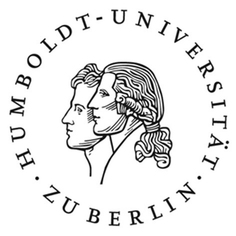
We acknowledge support by the Open Access Publication Fund of Humboldt-Universitt zu Berlin.
This book was supported by funds made available by the Cultural Foundations of Social Integration Center of Excellence at the University of Konstanz, established in the framework of the German Federal and State Initiative for Excellence.
Acknowledgements
The research for this book began at Humboldt-Universitt zu Berlin and, over the course of several stations and more years, has also brought me back felicitously to Berlin. It is therefore my great pleasure to begin by acknowledging those colleagues who have supported this project from its inception like Eveline Kilian, Helga Schwalm, Martin Klepper and Eva Boesenberg and who are now among the many old but also new colleagues, such as Dorothea Lbbermann, Anne Potjans, Jasper Verlinden and Sigrid Venu in the Department of English and American Studies that I also wish to thank. I further want to express my gratitude to Gabriele Jhnert and the colleagues at the Center for Transdisciplinary Gender Studies and especially mention Stefanie von Schnurbein as well as Gabriele Dietze, whose many recommendations (literary and culinary) are an indispensable source of support in my development as a scholar. Magdalena Nowicka and Silvy Chakkalakal have also become great co-conspirators in Berlin. The University of Potsdam was another more than welcoming context to discuss this work, especially with my criticalhabitations collaborator Anja Schwarz but also with Lars Eckstein and Dirk Wiemann in the Department of English and American Studies there. At the University of Innsbruck in Austria Helga Ramsey-Kurz and Veronika Schuchter have been excellent interlocutors to think more about Uncommon Wealths. A generous fellowship from the Institute for Advanced Study Konstanz provided me with the great privilege and luxury to focus extensively on my sources and discuss early readings with engaged co-fellows overlooking Lake Constance. For the hospitality and support there, I want to extend my gratitude to the entire KuKo-Team as well as to Aleida Assmann and Silvia Mergenthal and I also wish to thank Gudrun Rath, another criticalhabitations collaborator, who made the stay in Konstanz more fun. From the most Southern German university it took me to the most Northern University in Germany and it was at the Europa-Universitt Flensburg that I was able to complete the biggest chunk of this manuscript, again in the company of great colleagues like Sibylle Machat and Birgit Dwes and many more. Ines Beeck, Seren Meltem Yilmaz, Leandra Gpner, Thao Ho and Alina Weiermller have been excellent student assistants whose help in locating materials is greatly appreciated.
I have had the great honour and privilege to present various sections of this work in many settings in Germany and abroad and I cannot thank all my hosts by name here but do want to acknowledge the support from Lisa Duggan and Ann Pellegrini during my time as a visiting scholar at the Center for the Study of Gender and Sexuality at NYU. Tavia Nyongo was a great sport in agreeing to co-teach a group of dedicated students at the Queer Entanglements Summer Academy of the German Academic Scholarship Foundation in Greifswald with me and later again joined me and Eva Boesenberg back in Berlin to discuss Entangled Diasporas. Mita Banerjee has been an excellent mentor in navigating the pitfalls of (German) academia.
In preparing the manuscript my Palgrave Macmillan editors Lina Aboujieb and Rebecca Hinsley and the reports of the anonymous reviewers have been extremely helpful. Thanks are also due to Amy Luo and Malin Sthl from Hollybush Gardens gallery in London and Lynda Jackson from the Judges Lodgings Museum in Lancaster for their help in locating pictures of Lubaina Himids installation.
Finally, a book on familial feeling cannot come into existence without the love and support of friends and family, again too many to list them all. I want to thank Henriette Gunkel, Anja Sunhyun Michaelsen, Marie Schlingmann and Samantha Buck, Noemi Yoko Molitor and Marika Pierdicca, Anson Koch-Rein as well as Ali, Minu and Maryam Haschemi Yekani. My parents have been the best cheerleaders one can wish for. Thank you. And last and certainly not least, my love and gratitude go out to Beatrice Michaelis, without whose patience and support none of this would have been possible.
Contents
Part I17191807: Moral Sentiment and the Abolition of the Slave Trade
Part II18071857: Social Reform and the Rise of the New Imperialism

